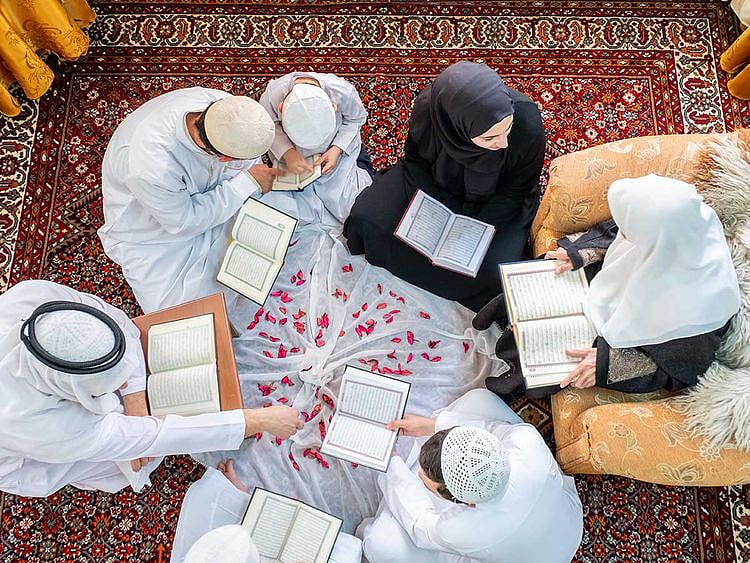Also In This Package
Dubai: Residents in the UAE will be able to observe the blessed month of Ramadan twice in one year – a phenomenon that had last occurred in 1997.
Ibrahim Al Jarwan, Member of the Arab Federation of Space and Astronomy Sciences, told Gulf News on Thursday that the Islamic calendar is a lunar one, and consistently moves around 11 days short of the solar year. For each year that passes, Ramadan is then also moved back by 10 or 11 days, depending on the moon sighting.
“The year 2030 will witness the blessed month of Ramadan twice. The first one will take place when Ramadan will start on January 5, 2030 for the Hijri year 1451, and then again, the month of Ramadan will start on December 26, 2030 for the Hijri year 1452,” explained Al Jarwan.
“And the total days of fasting will be approximately 36 days, inshallah.”
He also pointed out that as the Hijri calendar contains 354 days, which is 11 days fewer than the Gregorian, the two calendar systems will eventually come full circle and repeat themselves.
“It takes 33 years until the Hijri year has cycled through a full Gregorian year. It was repeated previously in 1997, and after 2030, it will repeat again later in 2063,” said Al Jarwan.
Traditional Islamic calendar
The Islamic calendar is difficult to predict, as it requires an authorized person or committee to make an actual sighting of the crescent moon to determine the start of each month. Adverse atmospheric conditions can also obstruct the sighting of the crescent moon, leading the upcoming month to be delayed by an extra day.
Modern Modified Versions
Some countries and Muslim communities now use modified versions of the traditional calendar that are designed to make the timing of Islamic months and observances easier to predict, according to the website timeanddate.com.
A new month may also begin on different days in different countries. Because the time of the moonset at a location depends on its longitude, a new month and key religious rituals like the Ramadan fast may begin a day earlier in, for example, West African Muslim countries than in Indonesia or Malaysia.
Sign up for the Daily Briefing
Get the latest news and updates straight to your inbox
Network Links
GN StoreDownload our app
© Al Nisr Publishing LLC 2026. All rights reserved.
